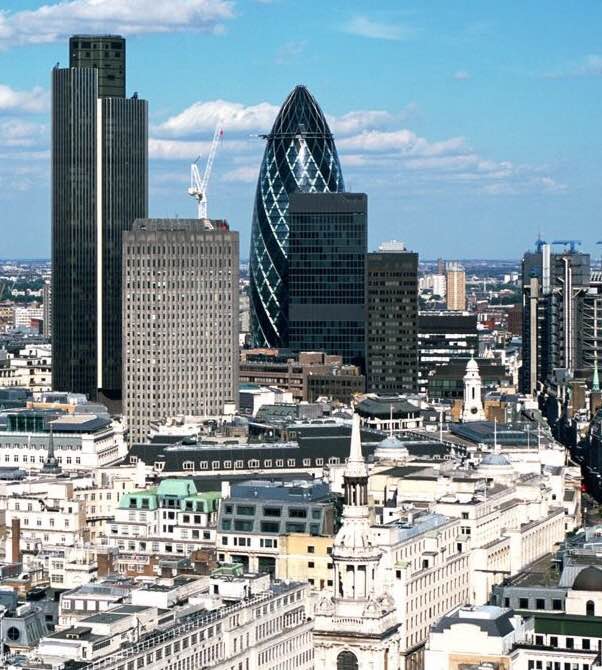 Officially, we are now on the final countdown to Brexit, with the final, possible exit date about 6 months away. The media is full of stories about what kind of deal may or may not still be made, but at this point in time it is also full of stories about what might happen in the event of a no-deal Brexit. One of the most popular topics of speculation is what a “no deal” Brexit could mean for London property prices.
Officially, we are now on the final countdown to Brexit, with the final, possible exit date about 6 months away. The media is full of stories about what kind of deal may or may not still be made, but at this point in time it is also full of stories about what might happen in the event of a no-deal Brexit. One of the most popular topics of speculation is what a “no deal” Brexit could mean for London property prices.
The pessimistic view
Anyone who’s paid any attention to the news since the announcement of the Brexit referendum will know that London was firmly in favour of remaining and there were many understandable reasons for this, not least of which being the importance of the financial-services market to the London economy.
A “no deal” Brexit could see “the City” slip in importance amongst the financial capitals of the world and lead to a “Brexodus” of employers (and jobs) to EU countries, which will be only too happy to woo them for the tax revenues they will bring with them. What’s more, London’s globalised economy depends on people from all around the world, from skilled workers who plug holes in the local labour market, to tourists who spend their holiday funds visiting London’s world-famous attractions.
Anything which is bad for the financial-services sector is, therefore, bad for London as a whole and this will be reflected in the London housing market, leading to cooling house prices and a reduced demand for properties to let.
The optimistic view
While “the City” is important to London, in spite of the name, it is not the city as a whole. The media (and political) emphasis on the financial-services sector does not accurately reflect the reality of the London economy, which has many other important sectors, some of which might even benefit from a “no deal” Brexit. While it might seem cynical, the reality of a “no deal” Brexit is that the UK would be free to compete against its EU neighbours without any restraint on the incentives it could offer international partners. Given that most of the world is outside the EU, this could be a compelling benefit.
It’s also worth noting that the UK is globally recognised as having a far more flexible labour market than many EU countries and as being more inclined to integrate disruptive business models than to punish them for being disruptive. Putting all this together means that the UK in general and London in particular is in a good position to weather a “no deal” Brexit and so, while London house price might undergo a short-term freeze as people take time to digest the transition, they should be expected to thaw reasonable quickly.
The fact that house prices in London are currently undergoing minimal growth, may, in part, be due to uncertainty around Brexit. It is, however, worth noting that the London housing market tends to be characterised by extended periods of growth interspersed with short periods of stabilisation.